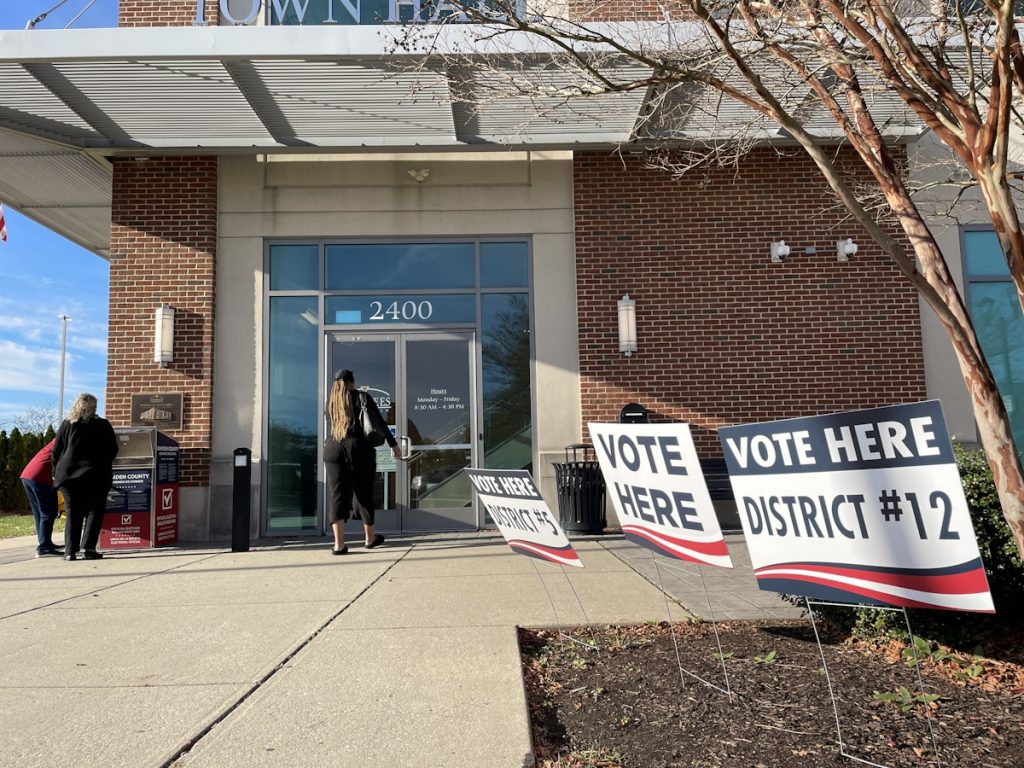Trump Claims the FBI Might Need to Intervene to Return Texas Democrats
In a recent interview, former President Donald J. Trump suggested that the Federal Bureau of Investigation could be called upon to “bring Texas Democrats back” after a wave of resignations and defections within the state’s Democratic ranks. The statement, made during a rally in Austin, has sparked a flurry of reactions across political, legal, and financial circles, raising questions about the potential impact on market stability and regulatory oversight.
Context Behind the Allegation
Trump’s remarks reference a growing trend of Democratic officials in Texas who have either switched parties or stepped down amid intense partisan pressure. While the exact number of such departures remains contested, the narrative is being leveraged by the former president to portray a broader “crisis” within the state’s opposition. Critics argue that the claim is a political maneuver designed to mobilize his base ahead of upcoming mid‑term elections, whereas supporters view it as a call for federal assistance to preserve democratic representation.
Legal Implications and FBI Authority
The FBI’s jurisdiction typically covers violations of federal law, including election interference, corruption, and civil rights infringements. However, the agency does not possess the power to “reassign” elected officials or compel party affiliation. Legal scholars note that any involvement would require a clear statutory basis—such as evidence of criminal conduct—rather than a political directive. As a result, most experts deem Trump’s suggestion more rhetorical than actionable, emphasizing the constitutional limits that safeguard state autonomy.
Potential Market Repercussions
Political instability can reverberate through financial markets, especially in sectors sensitive to regulatory changes and consumer sentiment. Texas, a hub for energy, technology, and real‑estate development, could see heightened volatility if the dispute escalates. Investors typically monitor political risk indicators, and a perceived threat of federal intervention may prompt short‑term adjustments in equities linked to state‑specific industries. Nonetheless, analysts caution that the market’s reaction will likely be muted unless concrete legal actions materialize.
Tech Industry Perspective
From a fintech standpoint, the situation underscores the importance of robust compliance frameworks. Companies operating across state lines must stay attuned to shifting political climates that could affect licensing, data privacy, and consumer protection regulations. The controversy also highlights the growing intersection of politics and technology, as social media platforms amplify statements like Trump’s, influencing public discourse and potentially shaping policy agendas.
Key Takeaways
- Trump’s claim that the FBI may need to intervene is largely symbolic, lacking a clear legal foundation.
- The FBI’s mandate does not extend to managing party affiliations or electoral outcomes without evidence of criminal activity.
- Political turbulence in Texas could introduce short‑term market volatility, particularly in energy and tech sectors.
- Fintech firms should reinforce compliance strategies to navigate evolving political and regulatory landscapes.
- Observers will watch for any formal investigations that might legitimize federal involvement, though such developments appear unlikely at this stage.
Overall, while the rhetoric may fuel partisan debate, the practical likelihood of FBI involvement in “bringing back” Texas Democrats remains minimal. Stakeholders across politics, law, and finance will continue to assess the narrative’s impact, balancing speculation with the constitutional safeguards that define federal authority.



